Currency Pair
Overview
A Currency Pair is a quotation of two different currencies, where the value of one currency is quoted against the other. The first listed currency within a currency pair is called the base currency, while the second currency is called the quote currency. Currency pairs compare the value of one currency to another — the base currency (or the first one) versus the second, or quote, currency. It indicates how much of the quote currency is needed to purchase one unit of the base currency.
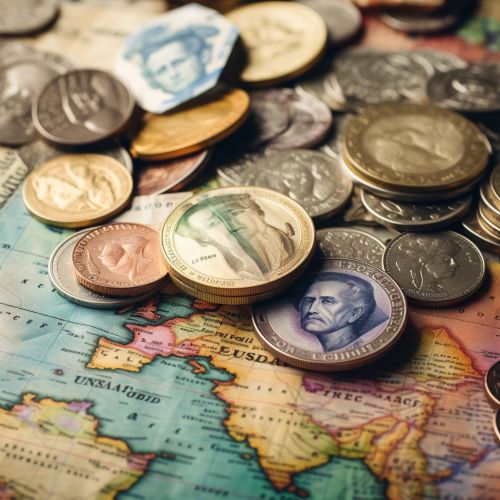
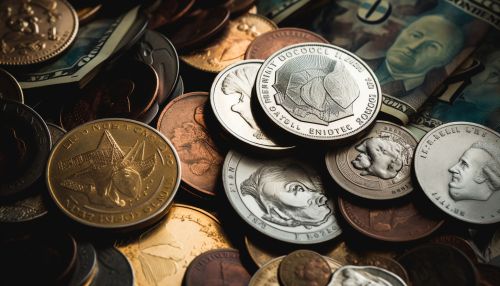
Understanding Currency Pairs
Currency pairs are a fundamental concept in the foreign exchange market as they are the instrument that is traded. This is because currencies are not traded individually but in pairs. The value of a currency is a rate and is determined by comparing it to another currency. The first currency of a currency pair is called the "base currency", and the second currency is called the "quote currency". The currency pair shows how much of the quote currency is needed to purchase one unit of the base currency.
Major Currency Pairs
The major currency pairs all involve the U.S. dollar paired with either the Euro, the British Pound, the Japanese Yen, the Swiss Franc, the Canadian Dollar, the Australian Dollar, or the New Zealand Dollar. These pairs are the most liquid and traded currency pairs in the forex market.
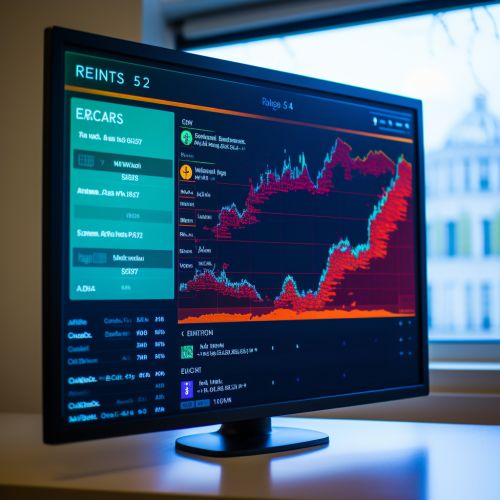
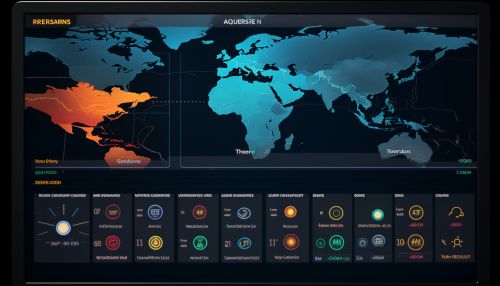
EUR/USD
The EUR/USD currency pair represents the quoted rate for exchanging US Dollar for the Euro, meaning how many US Dollars are needed to purchase one Euro. This currency pair is the most traded pair in the world, representing the world's two largest economies, the European Union and the United States.
GBP/USD
The GBP/USD currency pair represents the quoted rate for exchanging US Dollar for the British Pound, meaning how many US Dollars are needed to purchase one British Pound. This pair is known as 'cable' and represents the economies of the United Kingdom and the United States.
USD/JPY
The USD/JPY currency pair represents the quoted rate for exchanging Japanese Yen for the US Dollar, meaning how many Japanese Yen are needed to purchase one US Dollar. This pair represents the United States and Japan's economies, two of the largest economies in the world.


Minor Currency Pairs
Minor currency pairs, also known as cross currency pairs or crosses, are pairs which do not include the US Dollar. These pairs have slightly wider spreads and are not as liquid as the majors, but they are sufficiently liquid markets nonetheless. The most actively traded crosses are derived from the three major non-USD currencies (The Euro, the UK Pound and Yen).
EUR/GBP
The EUR/GBP currency pair represents the quoted rate for exchanging British Pound for the Euro, meaning how many British Pounds are needed to purchase one Euro. This pair represents the economies of the European Union and the United Kingdom.
EUR/CHF
The EUR/CHF currency pair represents the quoted rate for exchanging Swiss Franc for the Euro, meaning how many Swiss Francs are needed to purchase one Euro. This pair represents the economies of the European Union and Switzerland.
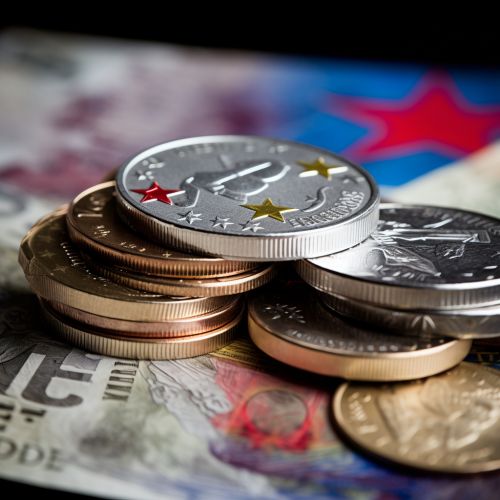
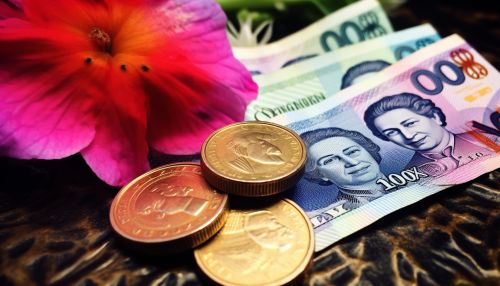
Exotic Currency Pairs
Exotic currency pairs are made up of a major currency paired with the currency of an emerging or a strong but smaller economy from a global perspective such as Hong Kong or Singapore and European countries outside of the Euro Zone.
USD/SGD
The USD/SGD currency pair represents the quoted rate for exchanging Singapore Dollar for the US Dollar, meaning how many Singapore Dollars are needed to purchase one US Dollar. This pair represents the economies of Singapore and the United States.
GBP/ZAR
The GBP/ZAR currency pair represents the quoted rate for exchanging South African Rand for the British Pound, meaning how many South African Rands are needed to purchase one British Pound. This pair represents the economies of South Africa and the United Kingdom.
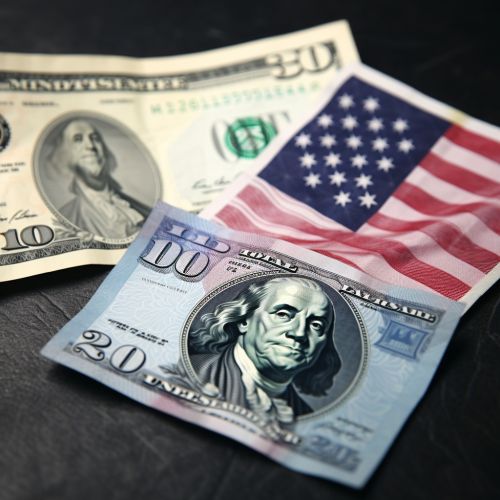
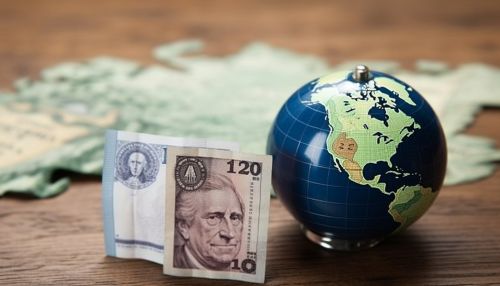
Trading Currency Pairs
Trading currency pairs involves buying one currency and selling the other. This is done simultaneously as currencies are traded in pairs, as the value of a currency does not change unless it is compared to another currency.


